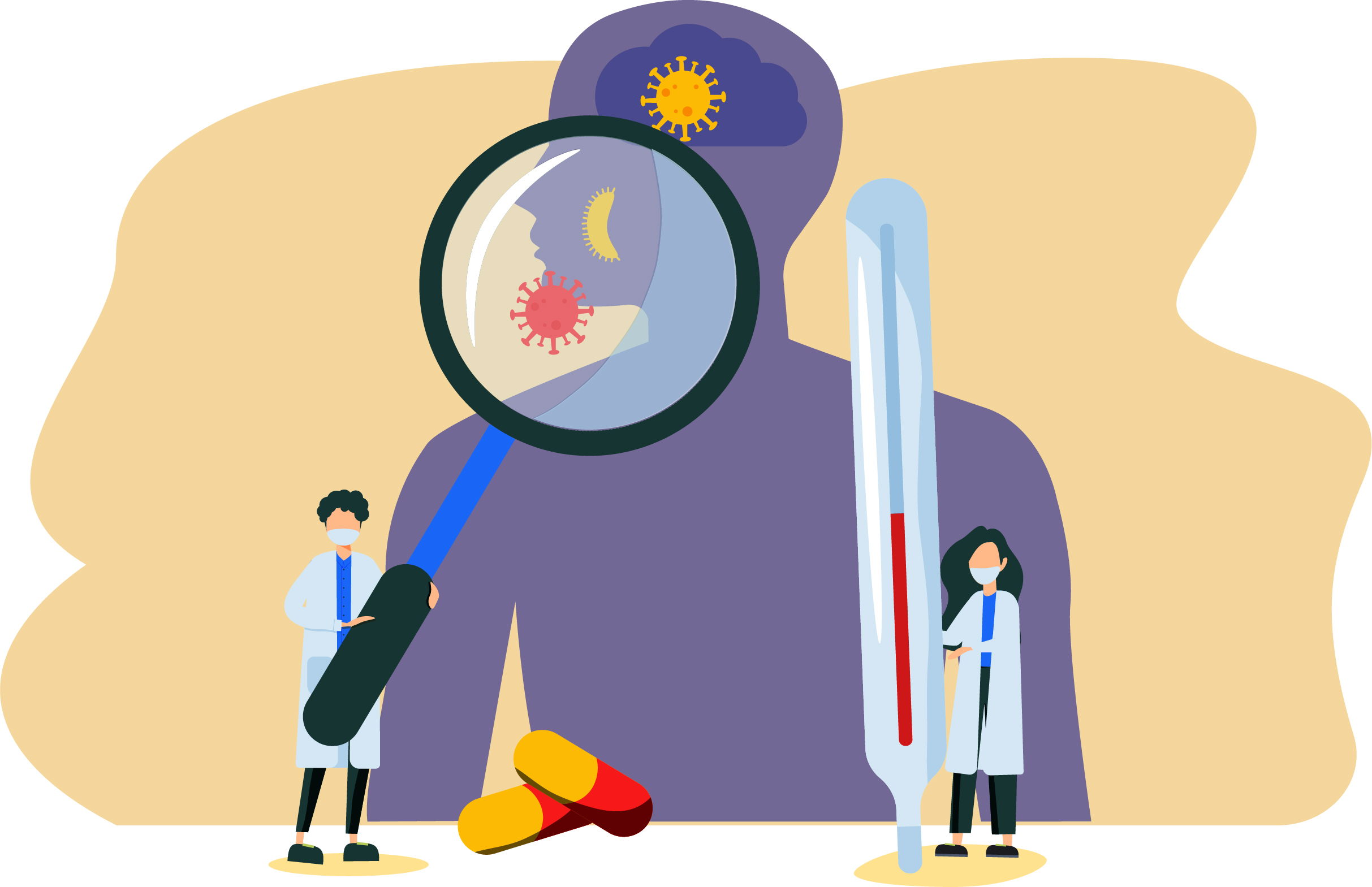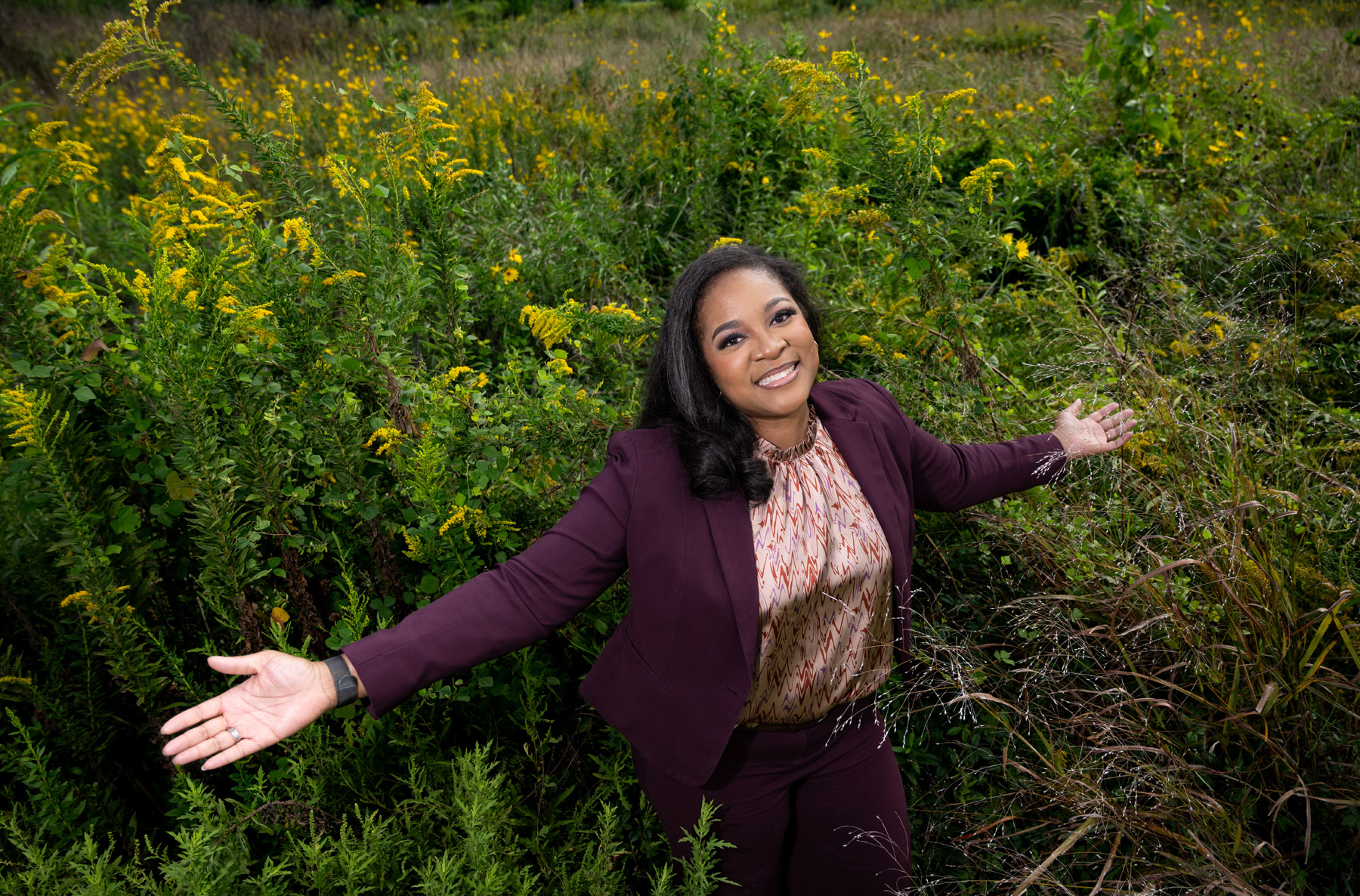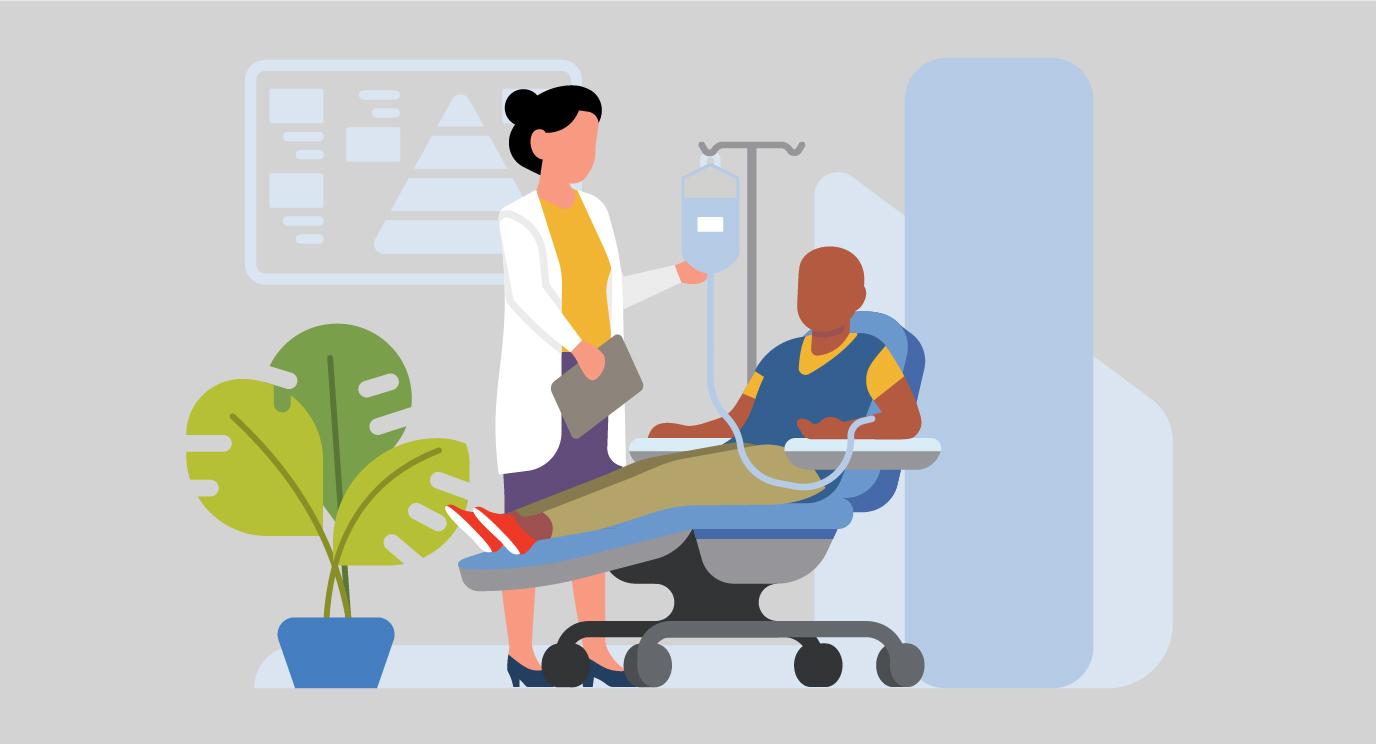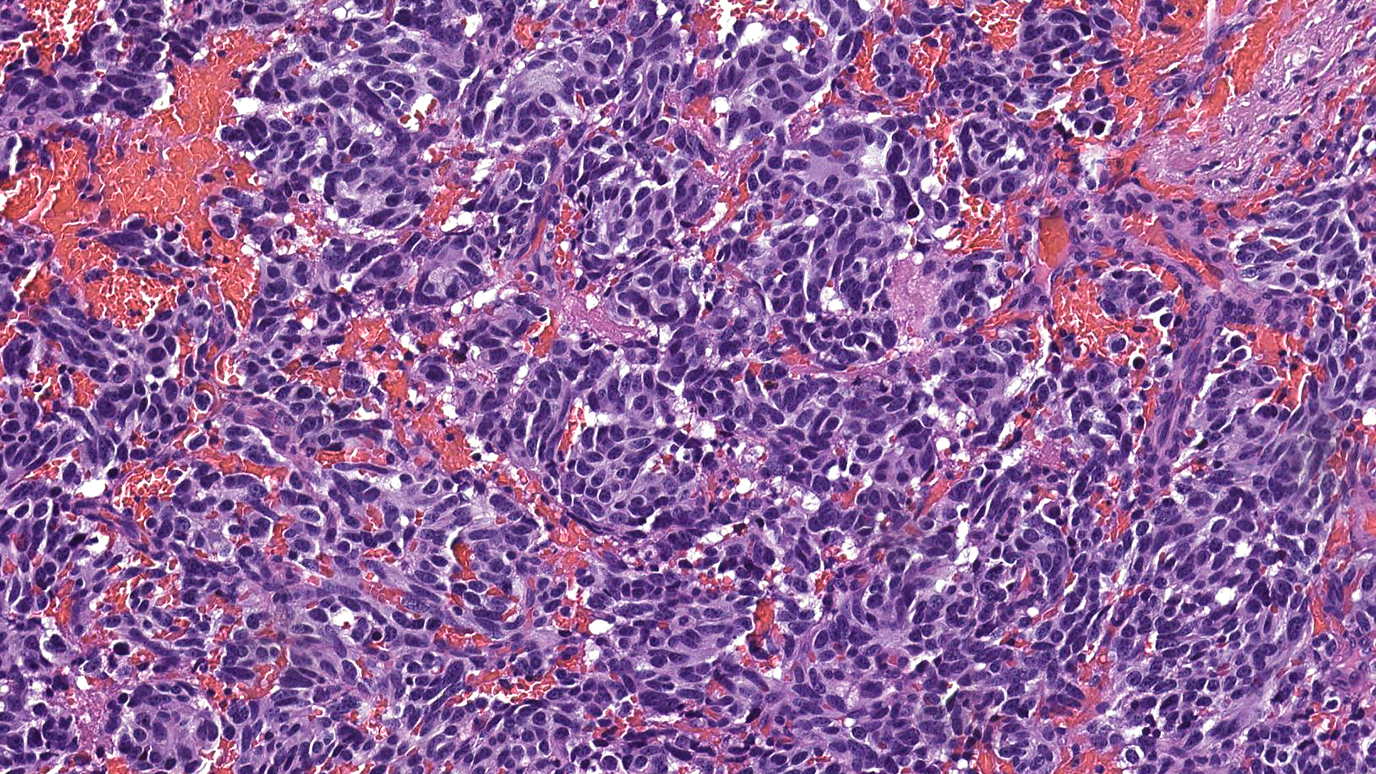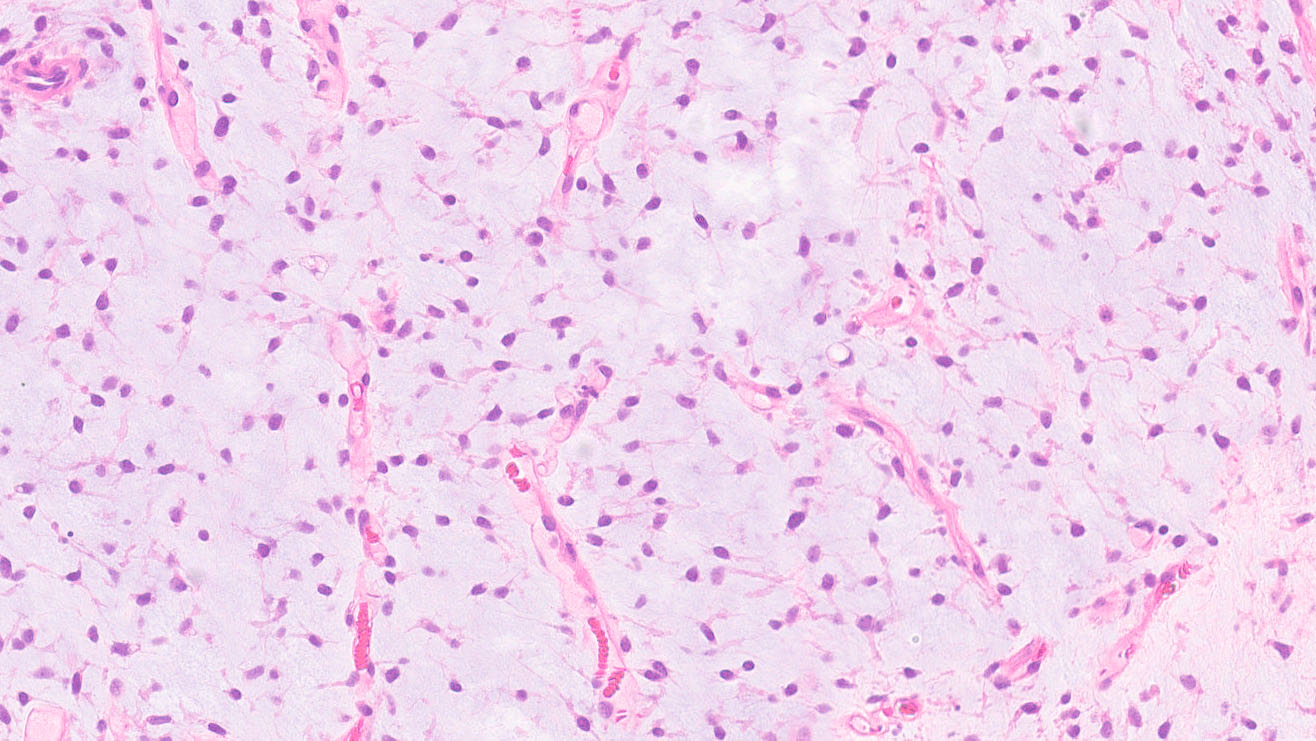- Diseases
- Acoustic Neuroma (14)
- Adrenal Gland Tumor (24)
- Anal Cancer (68)
- Anemia (2)
- Appendix Cancer (16)
- Bile Duct Cancer (26)
- Bladder Cancer (72)
- Brain Metastases (28)
- Brain Tumor (232)
- Breast Cancer (714)
- Breast Implant-Associated Anaplastic Large Cell Lymphoma (2)
- Cancer of Unknown Primary (4)
- Carcinoid Tumor (8)
- Cervical Cancer (160)
- Colon Cancer (166)
- Colorectal Cancer (118)
- Endocrine Tumor (4)
- Esophageal Cancer (44)
- Eye Cancer (36)
- Fallopian Tube Cancer (8)
- Germ Cell Tumor (4)
- Gestational Trophoblastic Disease (2)
- Head and Neck Cancer (14)
- Kidney Cancer (128)
- Leukemia (342)
- Liver Cancer (50)
- Lung Cancer (286)
- Lymphoma (278)
- Mesothelioma (14)
- Metastasis (30)
- Multiple Myeloma (100)
- Myelodysplastic Syndrome (60)
- Myeloproliferative Neoplasm (6)
- Neuroendocrine Tumors (16)
- Oral Cancer (100)
- Ovarian Cancer (172)
- Pancreatic Cancer (160)
- Parathyroid Disease (2)
- Penile Cancer (14)
- Pituitary Tumor (6)
- Prostate Cancer (146)
- Rectal Cancer (58)
- Renal Medullary Carcinoma (6)
- Salivary Gland Cancer (14)
- Sarcoma (238)
- Skin Cancer (296)
- Skull Base Tumors (56)
- Spinal Tumor (12)
- Stomach Cancer (64)
- Testicular Cancer (28)
- Throat Cancer (92)
- Thymoma (6)
- Thyroid Cancer (98)
- Tonsil Cancer (30)
- Uterine Cancer (82)
- Vaginal Cancer (18)
- Vulvar Cancer (20)
- Cancer Topic
- Adolescent and Young Adult Cancer Issues (20)
- Advance Care Planning (12)
- Biostatistics (2)
- Blood Donation (18)
- Bone Health (8)
- COVID-19 (362)
- Cancer Recurrence (120)
- Childhood Cancer Issues (120)
- Clinical Trials (632)
- Complementary Integrative Medicine (22)
- Cytogenetics (2)
- DNA Methylation (4)
- Diagnosis (232)
- Epigenetics (6)
- Fertility (62)
- Follow-up Guidelines (2)
- Health Disparities (14)
- Hereditary Cancer Syndromes (126)
- Immunology (18)
- Li-Fraumeni Syndrome (8)
- Mental Health (116)
- Molecular Diagnostics (8)
- Pain Management (62)
- Palliative Care (8)
- Pathology (10)
- Physical Therapy (18)
- Pregnancy (18)
- Prevention (920)
- Research (392)
- Second Opinion (74)
- Sexuality (16)
- Side Effects (608)
- Sleep Disorders (10)
- Stem Cell Transplantation Cellular Therapy (216)
- Support (402)
- Survivorship (322)
- Symptoms (182)
- Treatment (1786)
Neuroendocrine tumor survivor: Compassionate care led me to work at MD Anderson
3 minute read | Published June 03, 2020
Medically Reviewed | Last reviewed by an MD Anderson Cancer Center medical professional on June 03, 2020
I never had any neuroendocrine tumor symptoms before my diagnosis. In fact, I went in for surgery for something else altogether.
When I underwent exploratory surgery for endometriosis in 2018, my doctor in Alabama found a tumor on my appendix. He removed my appendix during surgery.
During my follow-up appointment, I found out that I had cancer and would need part of my colon removed. My mind went quiet in that moment. I was only 22 at the time.
I didn’t know what type of cancer I had, but I knew that I wanted to go to a hospital that would provide the best care and compassion. My mother and aunt knew people who’d been treated at MD Anderson. My aunt called to request an appointment.
Surgery leads to neuroendocrine tumor diagnosis
But before my first appointment at MD Anderson, I began to experience sharp, intense pains while my mom and I were driving from Alabama to Texas for my grandmother’s funeral. I became violently ill.
I was admitted to MD Anderson’s Emergency Center for a bowel obstruction on May 21, 2018.
I needed surgery to remove the obstruction from scar tissue that formed after my appendix was removed in Alabama.
Not long after my surgery, I had an internal hemorrhage. I underwent another surgery to stop the bleeding, remove part of my colon, and join my small and large intestines.
Everything happened so fast. My dad hadn’t arrived at the hospital yet, and I didn’t want to go into surgery without seeing him first. Nurse Conner Francis advocated for me, and I got to see my dad and pray with him before surgery. Conner also comforted my mom.
After the surgeries and a biopsy, Dr. Daniel Halperin diagnosed me with a stage III neuroendocrine tumor.
A personalized, team approach to my neuroendocrine tumor care
I was in horrible pain from the bowel obstruction and the surgeries, and I didn’t want to see anyone. But my MD Anderson care team helped change my outlook in the month I spent at the hospital.
I’d been at a stable weight for about a year before I first came to MD Anderson. I worried that my inability to eat could be a setback in my recovery from an eating disorder. My doctors listened and worked with my dietitian to give me IV nutrition.
I also spoke with a social work counselor and saw a psychiatrist. It meant the world to me that MD Anderson wasn’t just treating the cancer. They ensured I was doing well mentally, too.
Cancer pain specialist Dr. Larry Driver helped me manage pain in my abdomen after the surgery. He also knew that I had a history of back pain and was careful to determine whether new pain I experienced resulted from the cancer or other issues. Dr. Driver’s guidance has also helped me worry less about pain flare-ups, so I can enjoy hanging out with my friends.
I now see Dr. Driver and gastroenterologist Dr. Emmanuel Coronel every three months. Because I’ve had multiple surgeries, I’ve been dealing with severe gastrointestinal issues. But Dr. Coronel has helped me manage these side effects.
My neuroendocrine tumor treatment led me to askMDAnderson
Right before I graduated from college in 2019, I applied for a position with askMDAnderson, MD Anderson’s team that answers questions and helps prospective patients and caregivers start the appointment process. I jumped up and down when I learned I got the job!
I know what patients and caregivers who call us are going through. When they repeatedly ask the same questions, I know they’re just trying to process the information they’re getting.
I know what they’re going through if they start crying in the middle of a sentence. And that when people are frustrated, they’re scared of the unknown.
Often, a call or email to askMDAnderson is someone’s first experience with MD Anderson.
I’m glad to be the comforting voice on the other end. I want them to feel cared for, just like I did.
Request an appointment at MD Anderson online or by calling 1-877-632-6789.

I know what the patients and caregivers who call us are going through.
Lizzy Simonian
Survivor

